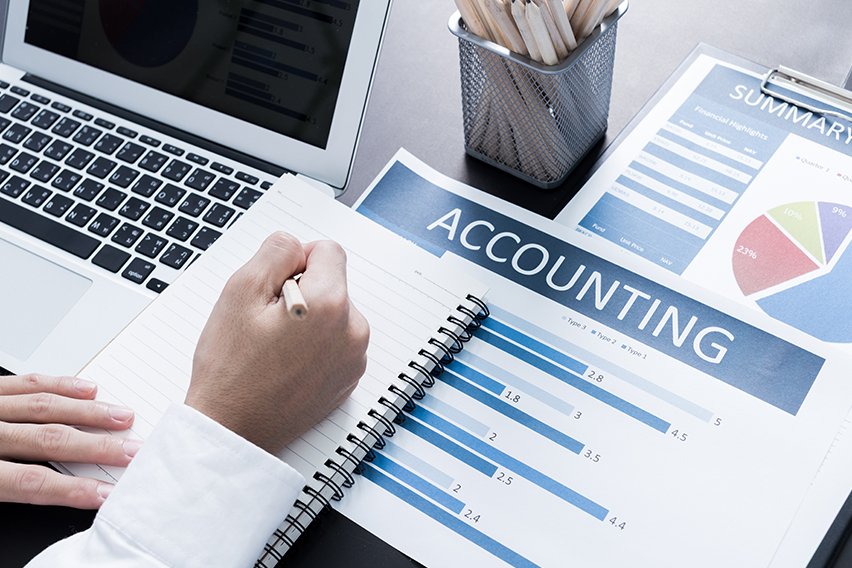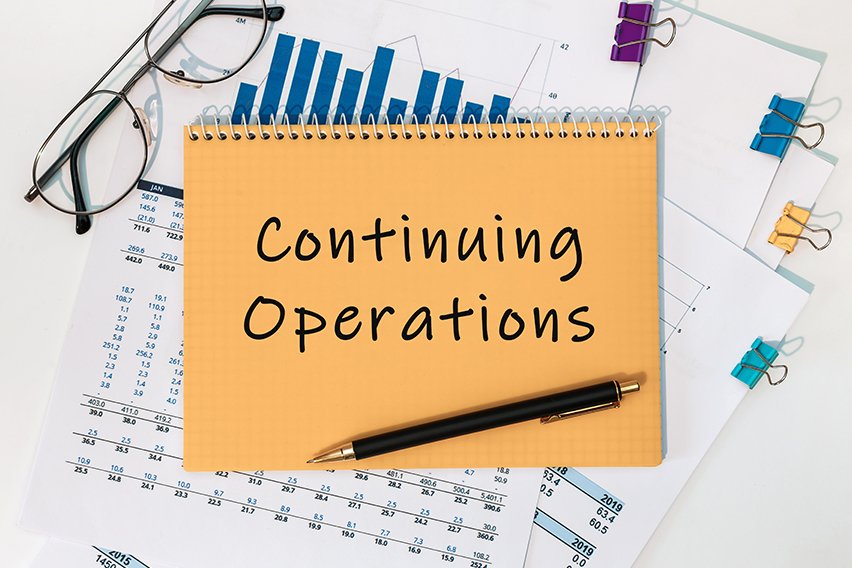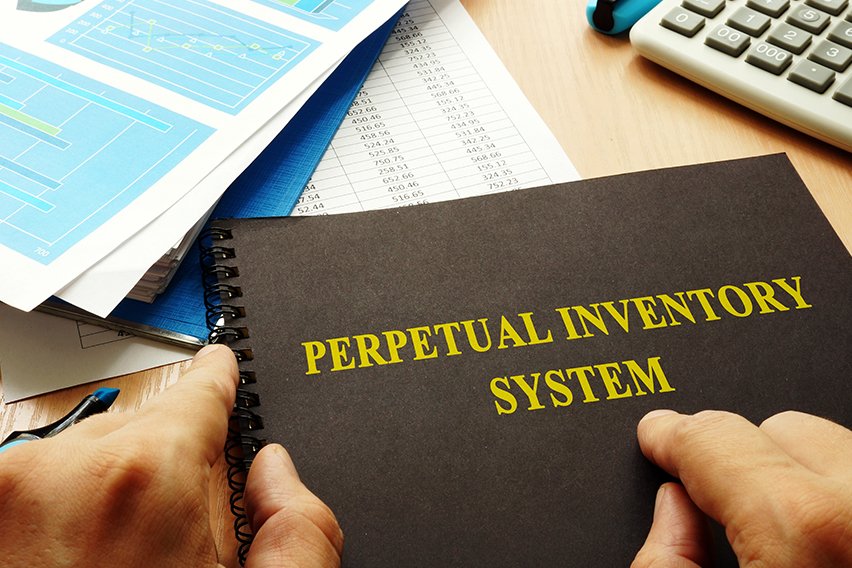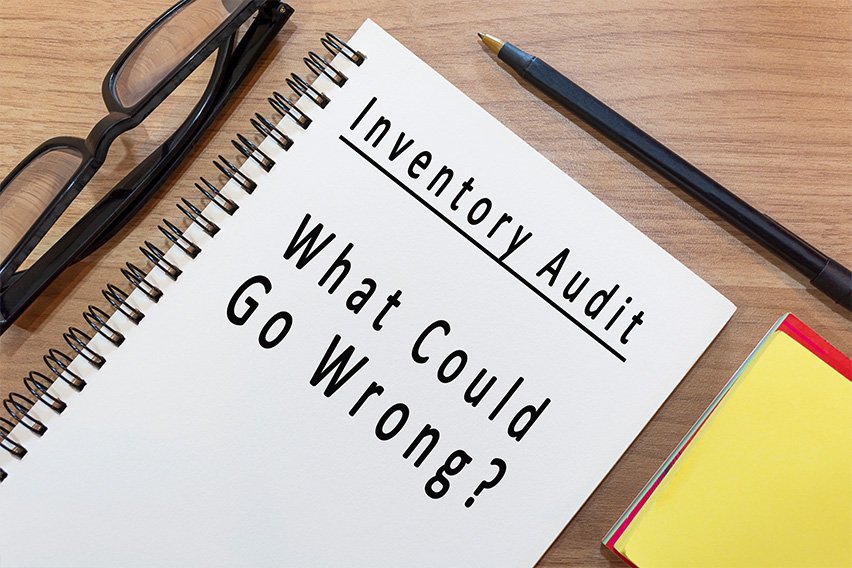Cash Basis Accounting: Definition, Example, Pros and Cons

Cash basis accounting can track business finances by recognizing income when cash is received, and expenses when cash is paid out. In short, cash basis accounting only recognizes transactions when money is exchanged.
Cash basis accounting is a simple accounting system that does not consider income from credit accounts, so the cash system of recording transactions is only used by small businesses that deal exclusively in cash. Cash basis accounting is not acceptable under the Generally Acceptable Accounting Principles (GAAP) 1 or the International Financial Reporting Standards (IFRS).
Key Takeaways
- Cash accounting is a simple method of accounting that only takes transactions into account if money has changed hands.
- The cash accounting method isn’t acceptable under the GAAP or IFRS rules and cannot be used within public companies.
- When doing taxes, businesses using cash basis accounting will report income in the year it is received, making tax time simpler for smaller, cash-based businesses.
Table of Contents
- What Is Cash Basis Accounting?
- Who Uses Cash Basis Accounting?
- Key Financial Statements in Cash Basis of Accounting
- Cash Basis Accounting Example
- Tax Implications Breakdown With Cash Accounting Method
- Cash Basis Accounting Advantages
- Cash Basis Accounting Disadvantages
- Cash Basis vs. Accrual Accounting
- Start Streamlining Your Cash Accounting with FreshBooks
- Frequently Asked Questions

What Is Cash Basis Accounting?
Cash basis accounting is an accounting method used to track the incoming and outgoing cashflow of a business, emphasizing cash-on-hand. When companies use the cash method of accounting, they only record the income that is received and the money paid out, regardless of when goods and services are sold or received, making it a simplified method that’s useful for small businesses that receive cash and pay cash for all their sales and purchases.
Who Uses Cash Basis Accounting?
Cash basis accounting can be adequate and is preferred by some small businesses, as it is straightforward and easy to use. Government agencies, non-profit organizations, sole proprietors, farmers, community associations, and small service businesses that do not deal with inventory may prefer this method, and businesses that do not sell or buy on credit can use the cash accounting method for evaluating their financial performance.
Key Financial Statements in Cash Basis of Accounting
When using cash-based accounting for your company, it’s crucial to make sure you record all income and paid expenses. There are 3 key financial statements to employ when using this accounting method:
1. Income Statement
Your income statement is also known as a profit and loss statement, because it looks at the revenue and expenses your company is reporting over a particular period, acting as a snapshot of the company’s financial standing up to a certain date in a fiscal year.
2. Balance Sheet
A balance sheet is a statement that shows everything your company owns and what it owes. With cash accounting, revenues are written only when cash comes in and expenses are only documented after cash is paid out.
3. Cash Flow Statement
Your company’s cash flow statement shows the data on all incoming and outgoing cash during one period in time. Along with tracking incoming cash and outgoing payments, it can act as a summary of how well the business generates income.
These 3 statements provide a picture of all financial performances at a specific point in time.
Cash Basis Accounting Example
To illustrate cash accounting, let’s use an example where you own a small company that sells embroidered hats. If you sold $600 worth of hats to a client, you wouldn’t write down the sale until the customer’s money arrived in your bank account. This means that if you received the order and shipped the hats on a Monday and their payment came in on Friday, you wouldn’t record the sale until Friday.
The same principle applies to any payments your business makes. If you purchased blank hats and embroidery thread for $300, you would only record the $300 amount once the bills were paid.
Tax Implications Breakdown with Cash Accounting Method
The accounting method you choose to use for your company can have a significant effect on your tax liabilities.
When you use the cash method for your small business taxes, it’s easier to answer any questions regarding cash flow, including your expenses, revenue, and financial losses for the current year. The IRS requires you to report taxable income and deductions in the year they’re paid or received. This is a straightforward calculation you can easily add up by looking at your reports from the relevant accounting period.
For example, if your business made $30,000 in 1 year, this is the amount you would report as income in the same year.
Cash Basis Accounting Advantages
These are some of the major advantages of using the cash accounting method.
It’s Easy to Understand
The cash basis accounting method is easier for small business owners to use because it only accounts for two factors: cash paid and cash received.
It Requires Fewer Staff
If you opt for a cash based accounting method, you likely won’t need to hire a full-time accountant. It’s a simple practice that doesn’t require a complex accounting system. All you’ll need is bookkeeping software to keep track of cash flow.
It Gives an Accurate Snapshot of Cash-on-Hand
Using cash accounting makes it easier to track your money, and gives you a realistic picture of your current financial position as cash comes in and flows back out of your company bank account.
You Only Pay Income Taxes on Money You’ve Received
Unlike other methods, when you use cash accounting you’re only taxed on income that you’ve received within the tax year.
Cash Basis Accounting Disadvantages
There are also drawbacks to using the cash method of accounting, include these disadvantages.
It’s Only a Short-Term Indicator
Cash accounting may not give an accurate picture of your company’s overall financial position. It’s very black-or-white and doesn’t take nuances into account like the time it takes for transactions to go through, inventory on hand, and expenses incurred. This discrepancy can paint an inaccurate picture of how well the company is doing and can make comparative analysis difficult especially if you owe multiple debts.
It Uses a Single-Entry System
While a single-entry system is simple to use, it does not provide the whole story regarding profit and loss and is therefore not useful for business analysis. It is also easier to make mistakes without the double-entry checks and balances that other accounting methods use.
It Could Mislead Investors
Cash accounting doesn’t report accounts payables, which could make the company look much more profitable in a particular period than it is. Investors might then draw conclusions about the company’s profits, when it is, in fact, in financial trouble if there are many unpaid bills.
It’s Not GAAP Approved
If you run a public company, you must use the generally accepted accounting principles (GAAP) and cannot use a cash method.
Cash Basis vs. Accrual Accounting
The biggest difference between cash basis vs. accrual accounting is when you recognize revenues and business expenses. Using the cash basis method, you record revenue when money comes in. Expenses are recorded when bills are paid.
In comparison, when you use the accrual method, you record revenue when a sale is made, whether cash is received or not, and you record expenses when you receive goods or services, not when you pay for them.
While cash-basis accounting is simpler, it can be less accurate overall. Accrual accounting is the generally accepted accounting method for publicly traded companies, because it is more accurate, taking into account pending transactions as well as completed deals, giving a real-time picture of accounts payable and receivable and the current status of every bill and invoice.
The choice of the accounting system has a major impact on the operations. Listed below are some of the key differences between cash and accrual accounting.
| Basis | Cash Basis of Accounting | Accrual Basis of Accounting |
| Ease of use | Simple, straightforward and easy to use | An intricate but widely used method |
| Meaning | Revenues and expenses are recorded when cash is exchanged | Revenues and expense are recorded at the point of purchase or sale |
| Credit accounts | There is no record of accounts receivable and accounts payable. The system might overstate the health of a company that is cash-rich | Includes accounts receivables and payables and as a result is a more accurate picture of the profitability of a company |
| Net income | The net income is based on the cash received and cash disbursements rather than revenues earned, and expense incurred | The net income is based on the revenues earned and expenses incurred in the accounting period |
| Balance Sheet | The balance sheet omits certain assets and liabilities. | As far as reporting of assets, liabilities and stockholders’ equity is concerned, the balance sheet is complete |
| Accounting Standards | Violates the matching principle of GAAP | Required by GAAP and IFRS |
| Used by | Best suited for small service-based businesses, individuals, non-profit organizations etc. | Used by all the public companies and other organizations that must file audited financial statements |
Here are some common reasons why businesses may use cash basis accounting.
- The company operates as a sole proprietorship or partnership. It does not publish financial statements like public companies for audit
- At the time of sale, the customer pays by cash, wire transfer, check or debit card
- The business does not deliver goods and services on credit
- There are few financial transactions each day
- The business has only a few employees
- The business has no inventory
The accrual method might be a better choice for your business if you accept credit cards or use credit for payment, if you need to track assets and liabilities like investments or inventory, or if you want to ensure GAAP compliance.
Start Streamlining Your Cash Accounting with FreshBooks
Whatever accounting method you choose for your small business, creating a balance sheet with accounting software can help you keep track of incoming and outgoing cash. FreshBooks offers cloud-based accounting to help small business owners send invoices, calculate expenses, and manage business finances from anywhere, on any device.
With its simple, intuitive design, any small business owner can take advantage of this helpful software. Try FreshBooks free today and see for yourself how simple bookkeeping can be.

FAQ About Cash Basis Accounting
For more information and related insights about cash basis accounting and when it is best implemented, see the following frequently asked questions.
Who cannot use cash-based accounting?
C corporations, partnerships with 1 or more C corporations as partners, some types of trusts, and tax shelters cannot use the cash method for accounting. This is due to IRS taxation laws, and the fact that cash accounting is less accurate than accrual accounting in the short term.
Does cash basis violate GAAP?
According to the general rules of GAAP, cash accounting is not acceptable. To comply with GAAP standards, a business must use an accrual-basis accounting method. This means all public companies must not use cash basis accounting.
Do you record inventory assets with cash basis accounting?
No, you don’t record inventory with cash basis accounting. Inventory is recorded as an expense at purchase and does not match the timing of sales. That means in an inventory purchasing month, the income statement shows inventory as an expense. And if the inventory isn’t selling, it is not reflected anywhere on the financial statements.
Can cash basis accounting be audited?
Yes, you can audit a business that uses cash basis accounting, but it doesn’t allow the testing of completeness and accuracy. Cash basis bookkeeping only tracks amounts paid and money that has been physically received, so there is no way to audit outstanding transactions.
Can small businesses use cash basis accounting?
Yes, most small businesses and sole proprietors can use cash accounting to track business expenses and income. It’s a simple method that works best for those with annual gross receipts totaling under $25M for the past 3 years.
Article Sources
- Financial Accounting Standards Board (FASB). “Accounting Standards Codification” Accessed May 3, 2024.
About the author
Jami Gong is a Chartered Professional Account and Financial System Consultant. She holds a Masters Degree in Professional Accounting from the University of New South Wales. Her areas of expertise include accounting system and enterprise resource planning implementations, as well as accounting business process improvement and workflow design. Jami has collaborated with clients large and small in the technology, financial, and post-secondary fields.
RELATED ARTICLES


 What Is Fair Value Accounting?
What Is Fair Value Accounting? Continuing Operations: What Are Continuing Operations of a Business?
Continuing Operations: What Are Continuing Operations of a Business? How to Calculate Overhead Costs in 5 Steps
How to Calculate Overhead Costs in 5 Steps What Is a Perpetual Inventory System?
What Is a Perpetual Inventory System? How to Calculate the Ending Inventory?
How to Calculate the Ending Inventory? What Are Noncash Expenses? Meaning and Types
What Are Noncash Expenses? Meaning and Types